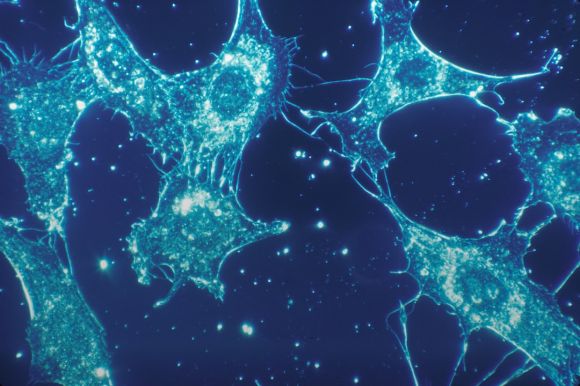Understanding the intricate relationship between biology and psychology is crucial in comprehending human behavior and cognitive processes. Biology plays a significant role in shaping our psychological characteristics and behaviors, influencing everything from our emotions to our decision-making abilities. In this article, we will explore the various ways in which biology impacts human psychology.
The Biological Basis of Behavior
At the core of human psychology lies the nervous system, which serves as the biological foundation for our thoughts, emotions, and behaviors. The brain, in particular, plays a vital role in controlling and coordinating these processes. It is composed of billions of neurons that communicate through electrical and chemical signals, forming complex neural networks.
Neurotransmitters and Psychological Functions
Neurotransmitters, the chemical messengers in our brain, play a pivotal role in regulating our psychological functions. Serotonin, for example, is associated with mood regulation, sleep, and appetite. Imbalances in serotonin levels have been linked to mood disorders such as depression and anxiety. Similarly, dopamine is involved in reward and pleasure, and abnormalities in dopamine levels can contribute to conditions like addiction and schizophrenia.
Genetics and Personality Traits
Our genetic makeup also exerts a significant influence on our psychological characteristics. Research has shown that certain genes are associated with specific personality traits. For instance, variations in the serotonin transporter gene have been linked to differences in trait anxiety. Additionally, studies have found that certain genetic variations can make individuals more susceptible to developing mental health disorders.
Hormones and Emotions
Hormones, chemical messengers produced by various glands in the body, play a crucial role in regulating our emotions. For example, cortisol, commonly known as the stress hormone, is released in response to stress and helps prepare the body for fight or flight. Prolonged exposure to high levels of cortisol can have detrimental effects on our mental and physical health.
The Influence of Biology on Cognitive Processes
Biology not only shapes our emotions and behaviors but also influences our cognitive processes. For instance, studies have shown that differences in brain structure can impact cognitive abilities such as memory and attention. Moreover, certain neurotransmitters, such as acetylcholine, are critical for learning and memory formation.
The Role of Biology in Mental Disorders
Many mental disorders have a biological basis. Conditions such as schizophrenia, bipolar disorder, and major depressive disorder have been linked to abnormalities in brain structure, neurotransmitter imbalances, and genetic factors. Understanding the biological underpinnings of these disorders is essential for developing effective treatments and interventions.
The Interaction Between Biology and Environment
It is important to note that biology does not solely determine our psychological traits and behaviors. The interaction between our biology and environmental factors plays a significant role in shaping who we are. For example, while genetics may make individuals more susceptible to certain mental health disorders, environmental stressors can trigger the onset of these conditions.
In conclusion, biology plays a fundamental role in human psychology. From the biological basis of behavior to the influence of genetics, hormones, and neurotransmitters on our emotions and cognitive processes, biology shapes who we are as individuals. Understanding the intricate relationship between biology and psychology is crucial for advancing our knowledge of human behavior and developing effective interventions for mental health disorders. By studying the role of biology in psychology, we can gain valuable insights into the complexities of the human mind and ultimately improve the well-being of individuals worldwide.
